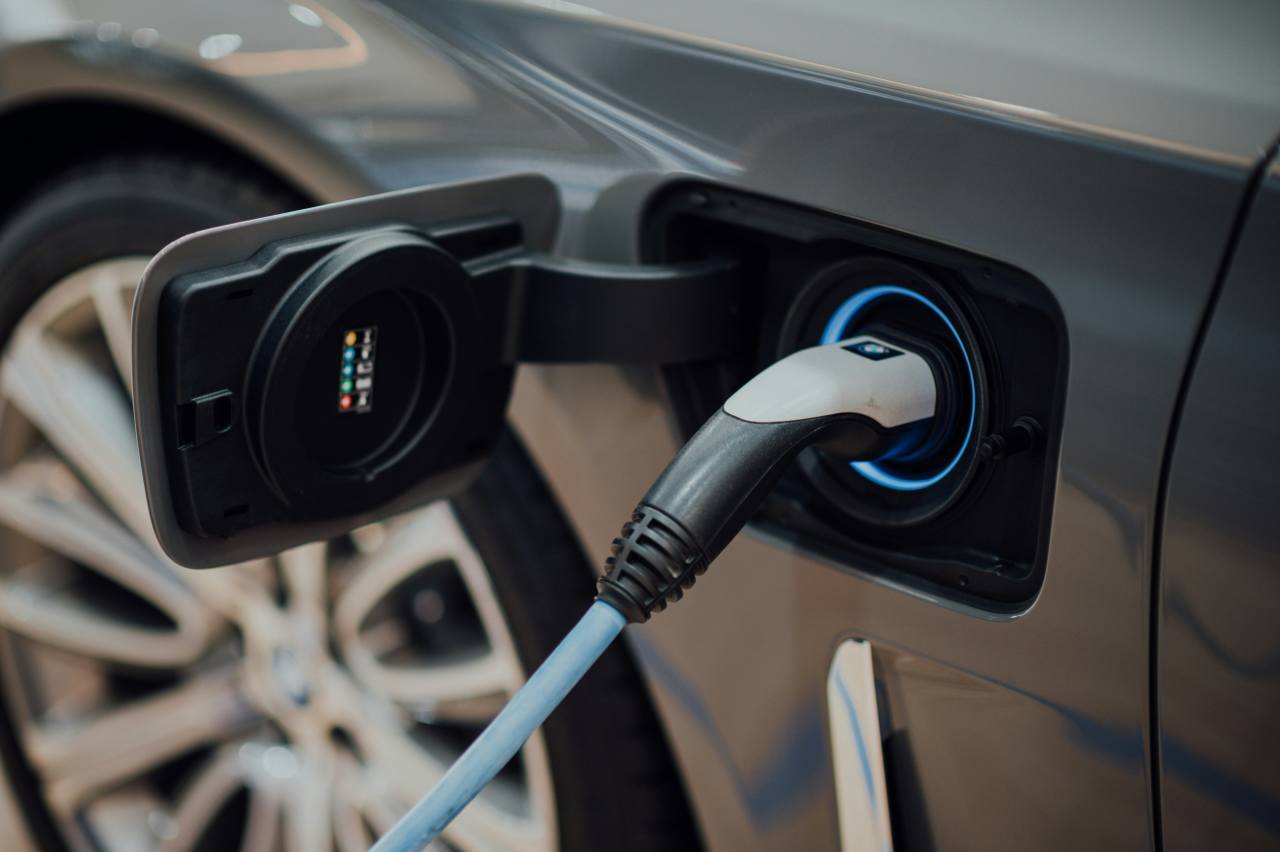Between the years 2012 and 2021, 17,607,610 electric vehicles were sold globally (that’s all-electric vehicles and plug-in hybrid vehicles combined). Knowing how many electric cars in the world there are is important for one main reason: it helps to determine if they’re a trend in the “Gangnam Style” sense (ie huge for a period, then eventually something that people will actively avoid), or a trend in the “Converse Chuck Taylor All Star” sense (ie something that will never go out of fashion, even as you wear them while being spoon-fed in a retirement home).
Global statistics for electric vehicles (EVs) can be slightly tricky, because the places that collect the data on them include both all-electric EVs and plug-in hybrid electric vehicles (PHEVs), which have both a battery-powered electric motor and a traditional petrol- or diesel-powered internal-combustion engine.
This means the numbers aren’t purely made up of fossil fuel-dodging cars, giving us less of a complete picture when it comes to EVs that use purely electrical energy to power the motor. Obviously, including PHEVs, as they do in China, bumps up the figures substantially.
Still, PHEVs are understandably seen as a stepping stone in-between ICE vehicles and EVs, and an indicator that some people will happily dip their toe in the PHEV pool before fully diving in to the EV one (metaphorically, of course, because electricity and water don’t mix).
To give you a decent indicator of EVs rise, consider this: the International Energy Agency (IEA) has said we can expect 145 million electric vehicles on the road by 2030 - that’s electric cars, buses, vans and heavy trucks.
That figure may even be a conservative one: the IEA has also projected it could be as high as 230 million if the governments of the world make some serious moves toward hitting international energy and climate goals.
As for what’s happening right now, it’s worth looking at how many electric cars are on the road, plus how the electric vehicle market is looking in different countries around the world (spoile: Australia is lagging behind a lot of other countries when it comes to EV adoption due to a lack of meaningful EV incentives from the Federal Government).
Global EV sales
Around 6.75 million EVs (passenger vehicles, light trucks and light commercial vehicles) were sold around the globe in 2021 (9.5 million units are predicted to sell in 2022), which is a staggering 108 per cent increase when compared to 2020, aka The Year That We All Want To Forget Ever Happened.
EVs made up 8.3 per cent of total light passenger vehicles sales in 2021, which may not seem like a lot, but it’s a hefty increase from 4.2 per cent of all sales in 2020.
Even though those numbers include fossil-fuel-sipping PHEVs, but the good news is that PHEVs only accounted for 29 per cent of those sales, while the remaining 71 per cent were all-electric vehicles, or BEVs (Battery Electric Vehicles).
EVs in China
.jpg)
China has emerged as the largest EV market in the world, leaping from 1.3 million units in 2020 to 3.3 million units sold in 2021 - a 155 per cent increase, with EVs making up 4.7 per cent of total car sales.
China also has the largest fleet of EVs on the road, which is in excess of 5 million.
EVs in Europe

Europe is the world’s second largest electric vehicle market, with 2.3 million units sold in 2021 - up from 1.4 million in 2020.
There were around 5.5 million EVs on European roads in 2021, consisting of 2.9 million all-electric passenger cars, 2.5 million PHEVs, and about 147,000 light commercial all-electric vehicles.
In France alone, 786,274 EVs have been registered since 2010.
EVs in North America
_0.jpg)
In 2011, a paltry 16,000 EVs were registered in North America. A decade later and that number is now in excess of 2 million.
In 2021, 735,000 EVs were sold - a significant jump from the 375,000 units that were shifted in 2020.
EVs in Australia

In 2021, more Australians bought an electric car than ever before, with 20,665 units sold, according to the Electric Vehicle Council, compared to 6,900 in 2020.
Those 2020 numbers are slightly misleading, because back in 2020 Tesla wasn’t telling anyone how many cars it sold, anywhere. This year, the Electric Vehicle Council was able to include sales of Tesla’s Model 3, the most popular EV locally, which amounted to 12,094 units, or well over half of all the EVs sold down under.




.jpg)
.jpg)


.jpg)

.jpg)

.jpg)


.jpg)
.jpg)

 copy.jpg)

.jpg)


Comments